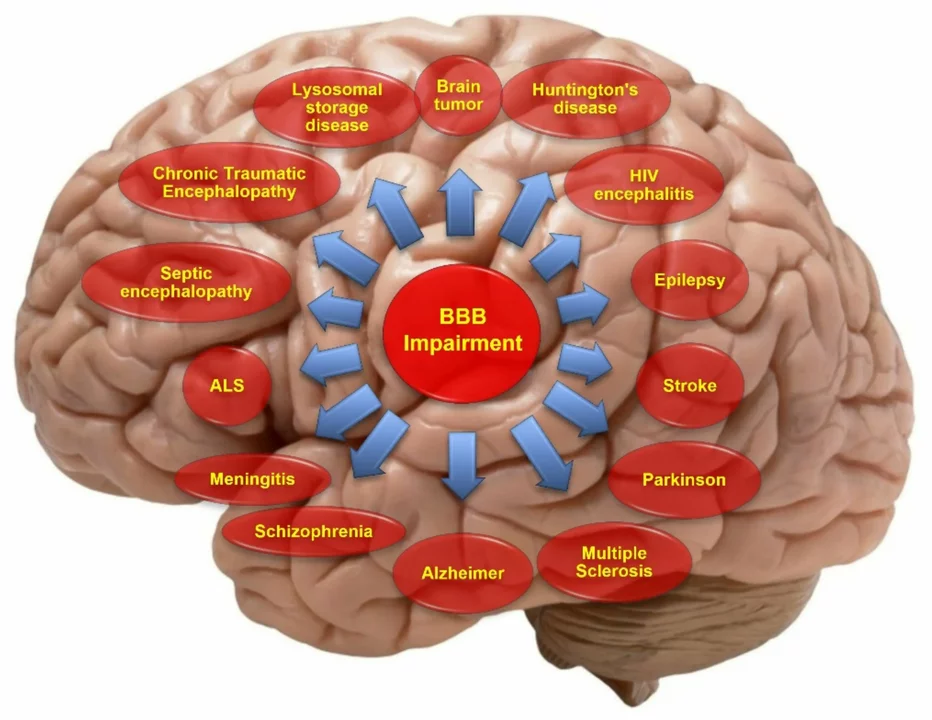Impulsivity Reduction: Practical Steps and Medication Notes
Impulsivity makes life feel rushed and decisions messy. You can cut down impulsive moves with simple habits and smart planning. This page gives clear, useful steps you can try today, plus short notes on medication options and when to talk to your doctor.
Start small. When a strong urge pops up, pause for ten seconds. Breathe in and out slowly. That tiny break gives your brain a chance to choose instead of react. Call it a "pause rule": count to ten, sip water, step away from the trigger. Add one friction point — put your phone in another room before shopping or uninstall one-click checkout.
Structure beats chaos. Build short routines for risky moments: a pre-plan for online shopping, a script to use when you feel like interrupting, or a checklist before big choices. Use reminders on your phone or sticky notes. Routines reduce mental load and make better choices automatic.
Body matters. Poor sleep, skipping meals, and no exercise make impulsivity worse. Aim for regular sleep, a protein-rich snack when hungry, and a short daily walk. Movement helps clear urgent feelings and reduces the need to act without thinking.
Quick daily habits
Try three daily habits that really help: a quick breathing check three times a day, a ten-minute planning session each morning, and a "delay rule" for purchases over a set amount. For example, wait 24 hours before buying anything over fifty dollars. Use alarms to enforce these rules. These tiny habits build self-control without drama.
Mindfulness and simple therapy techniques work. You don't need long meditation sessions—try one minute of noticing your breath, or label the urge: that's an urge to act. Cognitive-behavioral tactics like writing pros and cons on paper break impulsive momentum. If social situations trigger you, plan exact phrases to use, rehearse them, and include escape steps if needed.
When medications help
Sometimes behavior changes aren't enough. Medications can reduce impulsivity for some people when combined with therapy and routines. ADHD medications and some mood stabilizers are commonly discussed. Atomoxetine is one example covered on our site and it's worth reading about how it affects sleep and daytime focus. Antidepressants and anticonvulsants such as valproate are sometimes used off-label for impulsivity in specific cases. Always discuss benefits and risks with a prescriber. Track side effects, and review progress every few weeks.
Practical tracking and support
Keep a simple log: time of urge, trigger, action taken, result, and how you felt after. Review weekly to spot patterns and tweak plans. Ask a friend or coach to check your progress and celebrate small wins. If impulsivity leads to risky behavior, seek professional help quickly. Therapists can teach targeted strategies, and prescribers can coordinate medication safely.
Want more detail? Browse our site for articles on atomoxetine, mood stabilizers, and safe online pharmacies. Use the tools here to build a composite plan: habits, therapy, and medical advice together can make impulsivity easier to manage. Reach out early for faster help today.

The Role of Atomoxetine in Reducing Impulsivity
- by Colin Edward Egan
- on 27 Apr 2023
As a copywriter, I have come across an interesting topic about Atomoxetine and its role in reducing impulsivity. From what I've gathered, Atomoxetine is a non-stimulant medication used to treat ADHD. It's been shown to improve attention and focus while reducing impulsive behaviors. This medication can be a game-changer for individuals struggling with impulsivity, as it helps them gain better control over their actions. Overall, Atomoxetine plays a crucial role in managing ADHD symptoms and improving the quality of life for those affected by it.
